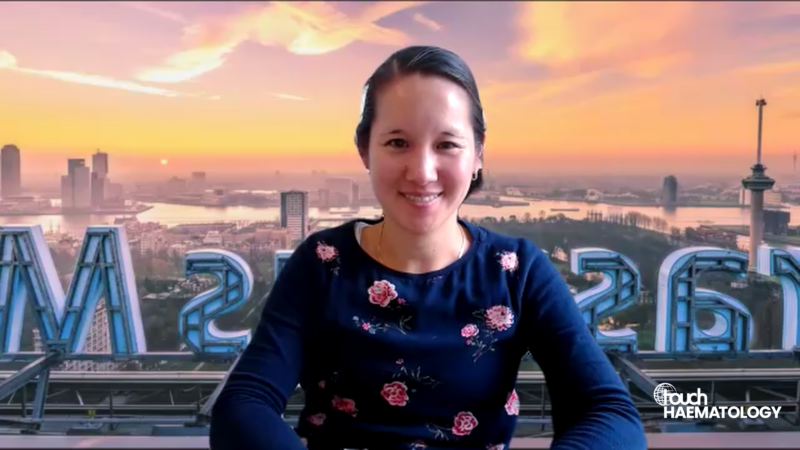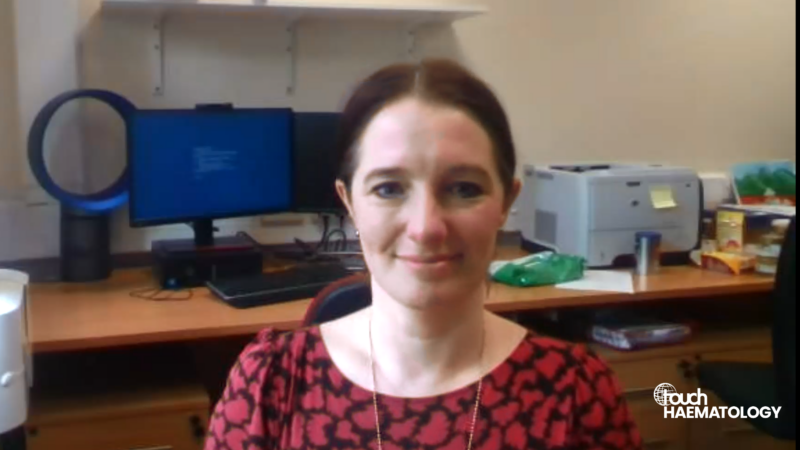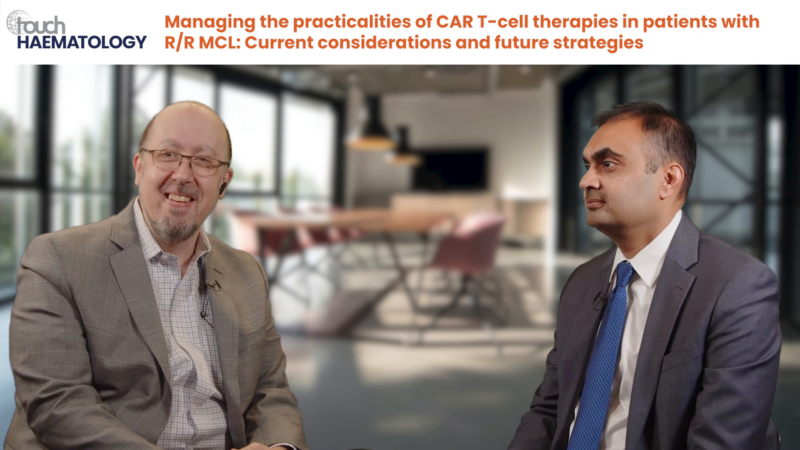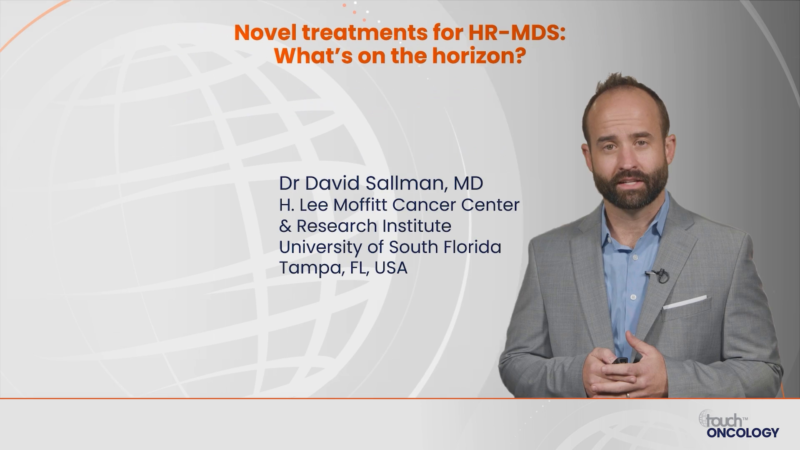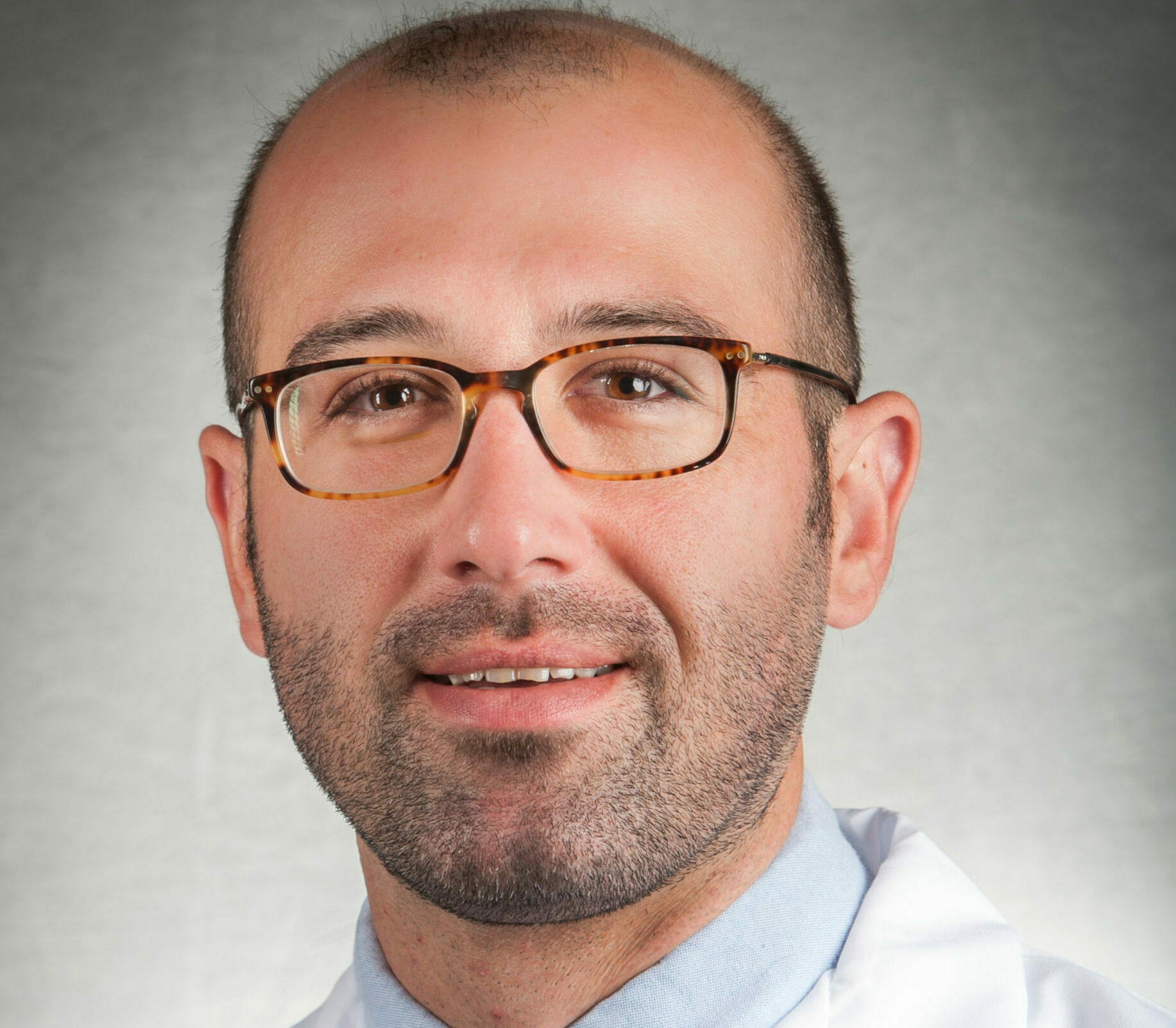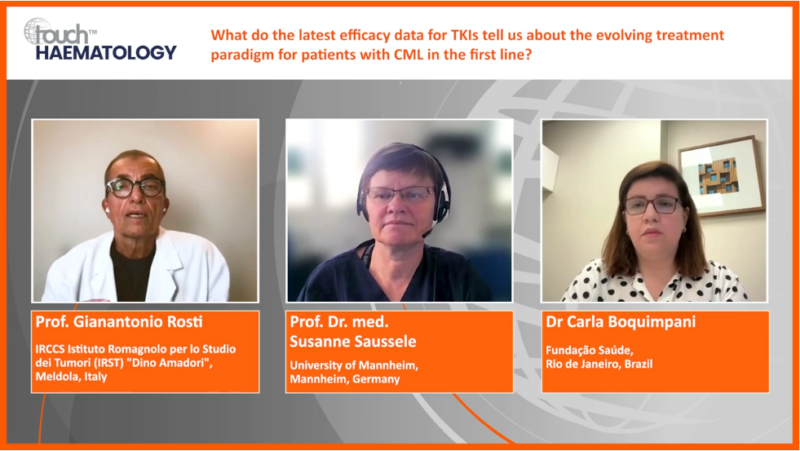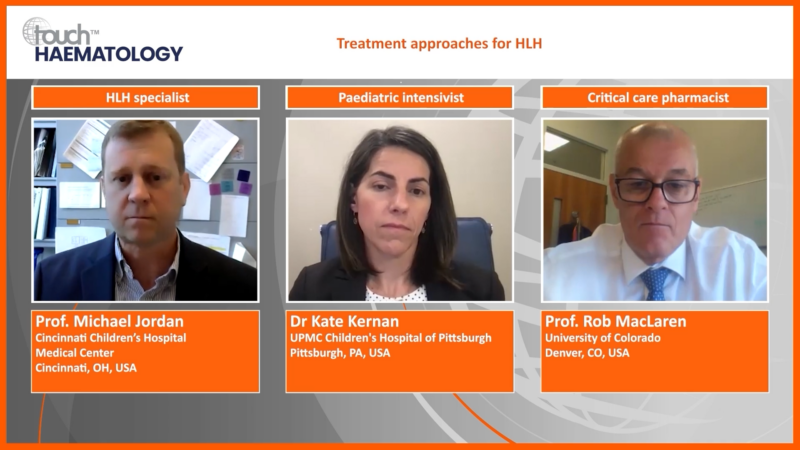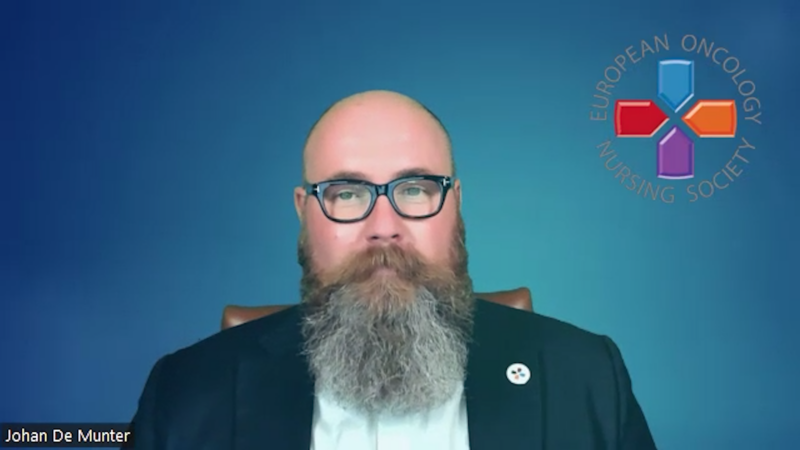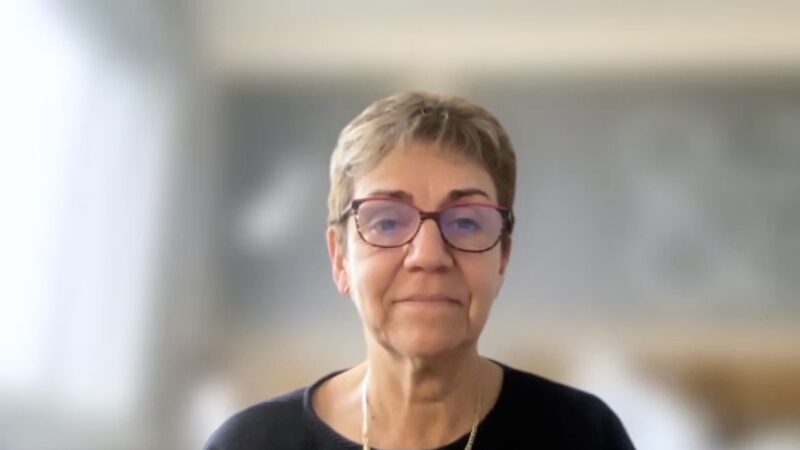Tutorial
These icons indicate there is something to be interacted with. Click it when you see it.
Tutorial
These icons indicate there is something to be interacted with. Click it when you see it.
Tutorial
These icons indicate there is something to be interacted with. Click it when you see it.
Tutorial
These icons indicate there is something to be interacted with. Click it when you see it.
touchIN CONVERSATION
 A relaxed discussion between two faculty focussed on real world clinical issues. Useful tips below will show how to navigate the activity. Join the conversation.
Close
A relaxed discussion between two faculty focussed on real world clinical issues. Useful tips below will show how to navigate the activity. Join the conversation.
Close
 A relaxed discussion between two faculty focussed on real world clinical issues. Useful tips below will show how to navigate the activity. Join the conversation.
Close
A relaxed discussion between two faculty focussed on real world clinical issues. Useful tips below will show how to navigate the activity. Join the conversation.
Close
New horizons in R/R follicular lymphoma: Focus on risk stratification and managing the practicalities of CAR T-cell therapy
- Downloads including slides are available for this activity in the Toolkit
Learning Objectives
After watching this activity, participants should be better able to:
- Apply prognostic and risk stratification strategies that predict treatment response and outcomes and help guide treatment decisions in FL
- Describe the latest efficacy data for CAR T-cell therapies, their positioning in the treatment sequence for R/R FL, and key considerations for patient selection
- Discuss the practical management of CAR T-cell-related toxicities and the importance of a multidisciplinary approach to care
Overview
In this activity, haemato-oncologists with expertise in follicular lymphoma (FL) and chimeric antigen receptor (CAR) T-cell therapy respond to questions from the community oncology, haemato-oncology and CAR T-cell therapy communities on utilizing prognostic factors in FL, evidence for the use of CAR T-cell therapies in relapsed or refractory FL, and how to manage the practicalities of CAR T-cell therapies in the clinic, with a focus on safety.
This activity is jointly provided by USF Health and touchIME.
Target Audience
Haematologists, haemato-oncologists (including CAR T-cell therapy specialists) and oncologists (including community oncologists) involved in the management of follicular lymphoma.
Disclosures
USF Health adheres to the Standards for Integrity and Independence in Accredited Continuing Education. All individuals in a position to influence content have disclosed to USF Health any financial relationship with an ineligible organization. USF Health has reviewed and mitigated all relevant financial relationships related to the content of the activity. The relevant relationships are listed below. All individuals not listed have no relevant financial relationships.
Faculty
Dr Nilanjan Ghosh discloses: Advisory board or panel fees from Roche NHL Solutions Panel. Consultancy fees from AbbVie, Adaptive Biotech (relationship terminated), ADC Therapeutics, AstraZeneca, BeiGene, Bristol Myers Squibb, Genmab, Gilead Sciences, Incyte, Janssen, Kite Pharma, Lava Therapeutics (relationship terminated), Loxo Oncology, Novartis, Pharmacyclics, Roche/Genentech, Seagen and TG Therapeutics (relationship terminated). Grants/research support from AbbVie, Bristol Myers Squibb, Gilead Sciences, MorphoSys, Pharmacyclics, Roche/Genentech and TG Therapeutics. Speakers bureau fees from AstraZeneca, Bristol Myers Squibb, Epizyme, Janssen, Kite Pharma and Pharmacyclics (all relationships terminated).
Dr Peter Riedell discloses: Advisory board or panel fees from ADC Therapeutics, BeiGene, Bristol Myers Squibb, Genmab, Intellia Therapeutics, Janssen, Kite Pharma/Gilead, Nektar Therapeutics, Novartis and Nurix Therapeutics. Consultancy fees from Abbvie, Bristol Myers Squibb, CVS Caremark, Pharmacyclics, Sana Biotechnology. Grants/research support from Calibr, Celgene/Bristol Myers Squibb, CRISPR Therapeutics, Fate Therapeutics, Kite Pharma, MorphoSys, Nkarta, Novartis, Tessa Therapeutics, Roche and Xencor. Speakers bureau fees from Kite Pharma (relationship terminated).
Content Reviewer
Carolina Leon BSN, MSN, ARNP-BC has no financial interests/relationships or affiliations in relation to this activity.
Touch Medical Contributor
Sola Neunie has no financial interests/relationships or affiliations in relation to this activity.
USF Health Office of Continuing Professional Development and touchIME staff have no financial interests/relationships or affiliations in relation to this activity.
Requirements for Successful Completion
In order to receive credit for this activity, participants must review the content and complete the post-test and evaluation form. Statements of credit are awarded upon successful completion of the post-test and evaluation form.
If you have questions regarding credit please contact cpdsupport@usf.edu.
Accreditations
Physicians
This activity has been planned and implemented in accordance with the accreditation requirements and policies of the Accreditation Council for Continuing Medical Education (ACCME) through a joint providership of USF Health and touchIME. USF Health is accredited by the ACCME to provide continuing medical education for physicians.
USF Health designates this enduring material for a maximum of 1.0 AMA PRA Category 1 CreditTM. Physicians should claim only the credit commensurate with the extent of their participation in the activity.
The European Union of Medical Specialists (UEMS) – European Accreditation Council for Continuing Medical Education (EACCME) has an agreement of mutual recognition of continuing medical education (CME) credit with the American Medical Association (AMA). European physicians interested in converting AMA PRA Category 1 CreditTM into European CME credit (ECMEC) should contact the UEMS (www.uems.eu).
Advanced Practice Providers
Physician Assistants may claim a maximum of 1.0 Category 1 credits for completing this activity. NCCPA accepts AMA PRA Category 1 CreditTM from organizations accredited by ACCME or a recognized state medical society.
The AANPCP accepts certificates of participation for educational activities approved for AMA PRA Category 1 CreditTM by ACCME-accredited providers. APRNs who participate will receive a certificate of completion commensurate with the extent of their participation.
Date of original release: 09 January 2024. Date credits expire: 09 January 2025.
If you have any questions regarding credit please contact cpdsupport@usf.edu.
To obtain the CE/CME credit(s) from this activity, please complete this post-activity test.
Claim Credit- Downloads including slides are available for this activity in the Toolkit
You may also be interested in...

REGISTER NOW FOR FREE ACCESS TO
- 1000+ topical and insightful peer-reviewed journal articles
- 100+ hours of bite-sized congress highlights
- 9 major therapy areas packed with the latest scientific advances
- 150+ specialties offering learn-on-the-go medical education
- + Concise email updates and newsletters so you never miss out

Log into your Touch Account
Earn and track your CME credits on the go, save articles for later, and follow the latest congress coverage.
Sign up with an Email
Or use a .
This Functionality is for
Members Only
Explore the latest in medical education and stay current in your field. Create a free account to track your learning.








